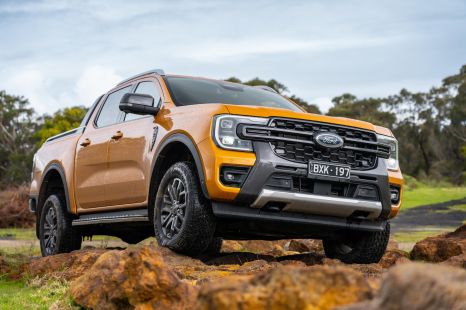

William Stopford
Ford Ranger and Everest recalled
5 Hours Ago

Journalist
BMW has reaffirmed its commitment to hydrogen power, revealing the fuel-cell powertrain set to underpin the i Hydrogen Next SUV.
Developed as part of a tie-up with Toyota, the BMW i Hydrogen Next is essentially an X5 SUV with a hydrogen fuel-cell drivetrain.
The fuel-cell system combines hydrogen stored in a pressurised tank with oxygen drawn from the atmosphere to produce electricity, which is used to power the car’s electric motor.
The only emission from the process is water vapour.
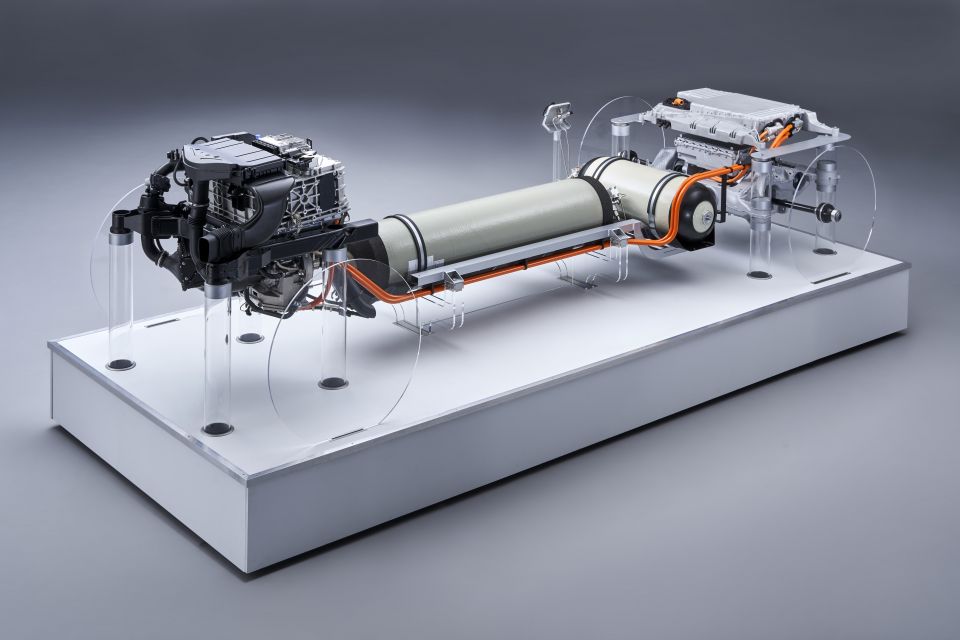
With two tanks (above) arranged in a T down its spine, the car can hold a total of six kilograms of hydrogen at 700 bar – about 690 times atmospheric pressure at sea level.
BMW has yet to confirm the i Hydrogen Next’s driving range, but reports have suggested it will be between 490 and 595km.
The new fuel-cell stack can generate up to 125kW, while the tanks can be refilled with hydrogen in between three and four minutes.
Total power output from the i Hydrogen Next’s electric drivetrain is said to be 275kW.
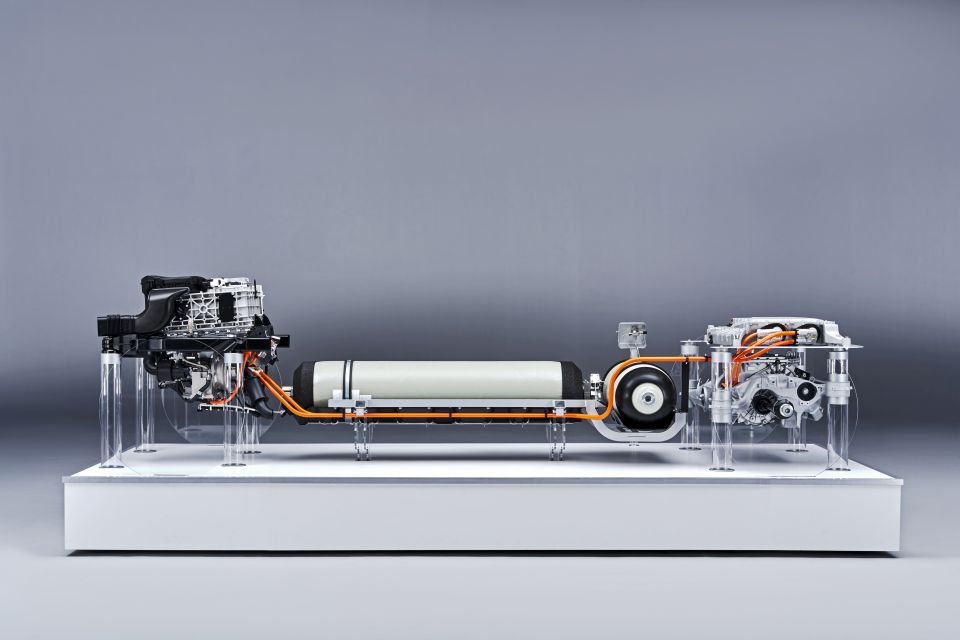
BMW hasn’t detailed the capacity of the i Hydrogen Next’s lithium-ion battery, which will be used to store energy from regenerative braking, as well as surplus energy from the fuel-cell.
BMW says the i Hydrogen Next will be based on the current X5, and will be piloted in a “small series” run in 2022.
The “production” car will likely look similar to the 2019 i Hydrogen Fuel Cell concept pictured below, with different front and rear fascias to the regular X5.
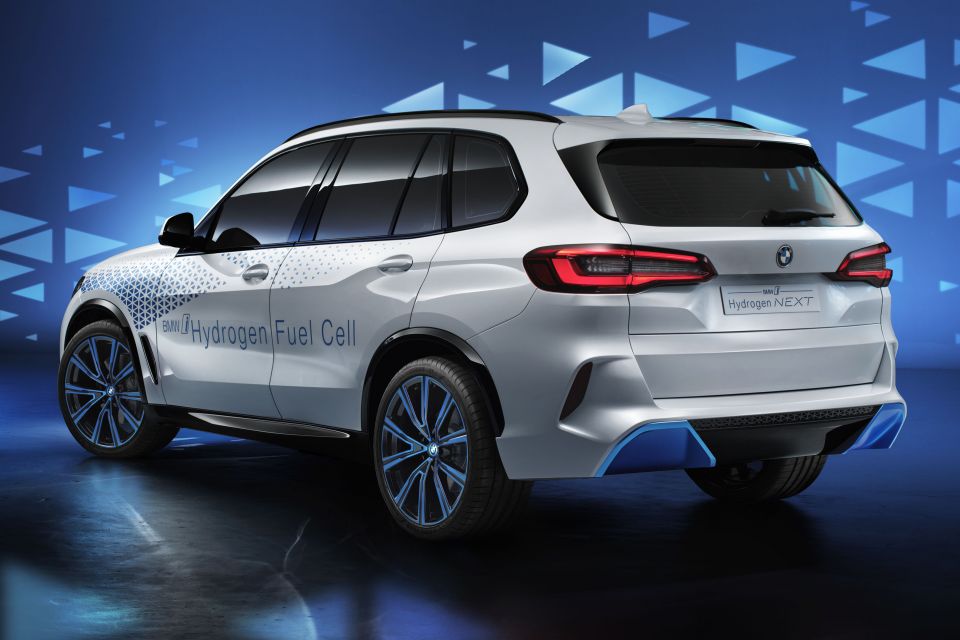
Mass production won’t start until “at the earliest in the second half of this decade” – in other words, after 2025.
Timing will be driven by “global market conditions and requirements”.
Only a limited number of hydrogen fuel cell vehicles have reached production, with availability limited to forward-thinking markets such as Japan and California, where there are a few hydrogen filling stations.
Some fuel cell cars are only available on lease, while others like the Hyundai Nexo and Toyota Mirai, can be purchased outright, but have starting prices equivalent to AU$100,000.
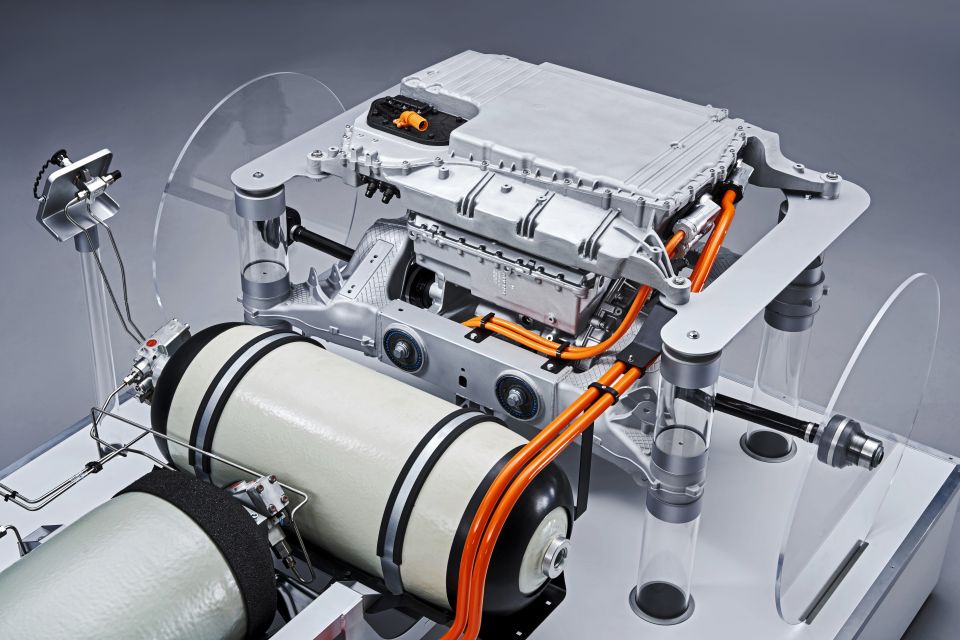
High prices and a lack of refuelling infrastructure, as well as the fact we’re missing a cost-effective and environmentally sound way of generating hydrogen at scale, have hampered the uptake of fuel-cell vehicles so far.
Go deeper on the cars in our Showroom, compare your options, or see what a great deal looks like with help from our New Car Specialists.
Derek Fung would love to tell you about his multiple degrees, but he's too busy writing up some news right now. In his spare time Derek loves chasing automotive rabbits down the hole. Based in New York, New York, Derek loves to travel and is very much a window not an aisle person.


William Stopford
5 Hours Ago


James Wong
16 Hours Ago
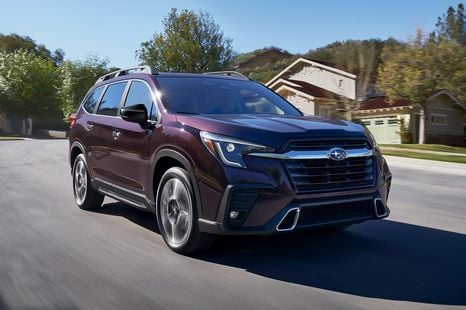

James Wong
16 Hours Ago
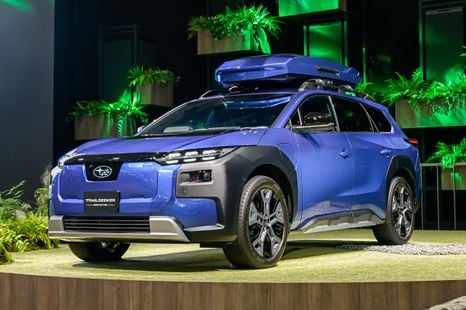

James Wong
16 Hours Ago
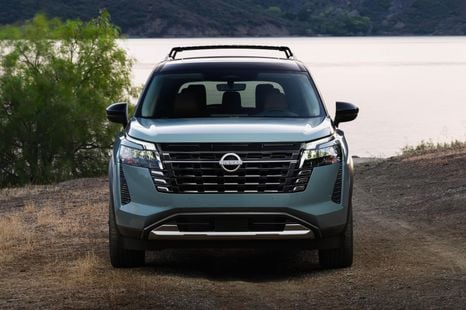

Damion Smy
7 Days Ago
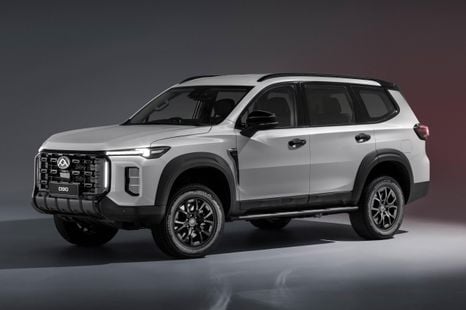

Damion Smy
10 Days Ago
Add CarExpert as a Preferred Source on Google so your search results prioritise writing by actual experts, not AI.